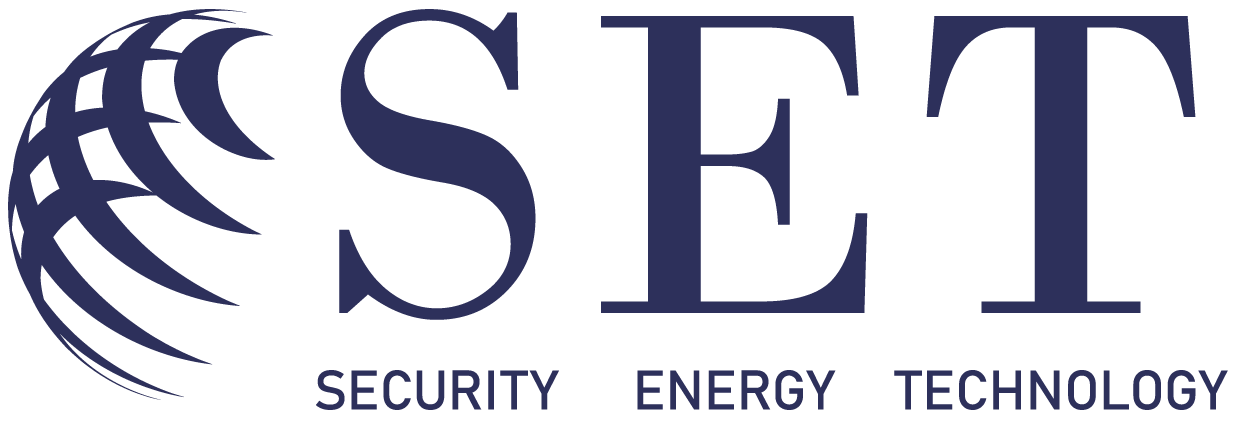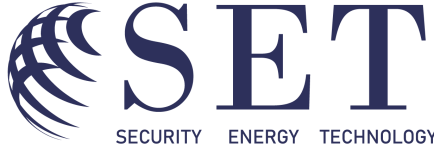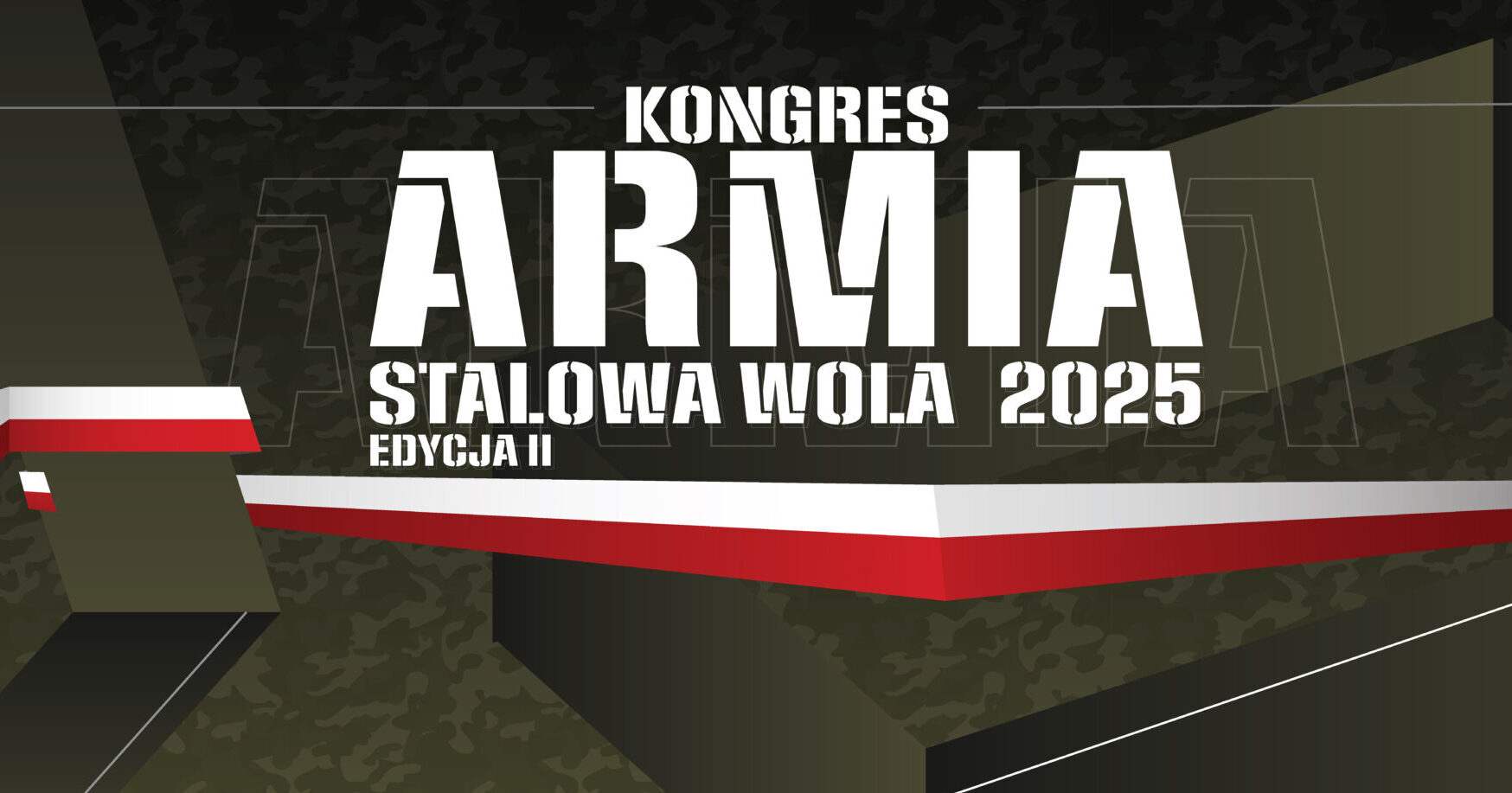The SET Foundation has published a report on the European Union's strategic raw materials autonomy. Experts warn: unless Brussels changes its perception of the raw materials industry and accelerates strategic action, Europe will permanently lose its agency in the global economic architecture, and the continent will face an unprecedented crisis. The report includes analyses of global trends and recommendations for action.
Europe is becoming increasingly dependent on imported raw materials. A report by the SET Foundation shows that China is now the largest supplier of 34 of the EU's 51 key raw materials, providing, among other things, 97% of magnesium and 100% of heavy rare earth elements. Such a strong dependence poses a real risk to the European economy and the security of individual member states. Meanwhile, the average time to obtain permits for new mining investments in the EU is 10 years, compared to just 2–3 years in Canada or Australia.
The aim of the SET Foundation report is to provide a comprehensive diagnosis of the European Union's position in the global race for critical and strategic raw materials, to identify the main barriers to the development of European raw materials projects, and to present good practices and raw materials policy instruments of other countries.
" We are presenting specific recommendations to help build an effective and shock-resistant EU raw materials policy. The report is addressed to policymakers, the administration, the raw materials sector, financial and research institutions, to stimulate debate on the role of raw materials in Europe's economic transformation and to identify specific actions necessary for the EU's long-term raw materials security, " said Professor Ireneusz Dąbrowski , Chair of the SET Program Council, opening the conference.
The SET Foundation report demonstrates how strategic and critical raw materials are crucial to Europe's future, presenting not only the policies of the European Union, but also the examples of the US, NATO, and other countries, and identifying new areas on the global raw materials map – Ukraine, Greenland, and the Arctic.
" Ukraine possesses resources that could change the balance of power in the raw materials market: graphite, beryllium, lithium, titanium, uranium, iron ore, and rare earth elements. This potential could strengthen Europe's raw material security, " emphasized Dr. Piotr Dziadzio , Member of the SET Foundation Program Council.
" Greenland, on the other hand, has rare earth resources comparable to those of the United States. The Kvanefjeld, Amitsoq, and Eqalussiut deposits are projects that could play a key role in global supply chains starting in 2028," added Piotr Dziadzio.
Poland can be a pillar of Europe's resource independence. The report details Poland's potential – copper, silver, coking coal, and geothermal energy. " Poland is one of the pillars of European resource autonomy – we have significant resources of copper, silver, coking coal, and industrial experience. KGHM and JSW are leaders in the European supply chain, accounting for 28% of the EU's coking coal and 19% of its copper. Furthermore, KGHM is one of the largest silver producers in the world. Our resources and expertise are crucial for the steel industry and the energy transition in Europe, " explained Piotr Dziadzio.
Raw material security is the foundation of a modern economy and energy transformation. The report's authors emphasize that access to lithium, cobalt, rare earth elements, copper, and nickel is essential for the development of the defense industry, high technologies, digitalization, and energy. " The US is fully dependent on imports of at least 15 critical raw materials, 70% of which come from China. Japan, through its state agency JOGMEC, has consistently managed its raw materials strategy since 2004, while South Korea pursues a raw materials security policy based on threat monitoring and strategic stockpiles of 33 critical and 10 strategic raw materials, " noted Mateusz Wodejko, Vice President of the SET Foundation.
Tomasz Zdzikot, Chairman of the SET Foundation Council, said during the presentation of the Report, The analysis of the European Union's raw materials policy indicates that for over a decade now, the European diagnosis of risks and threats has been accurate, and these are now materializing. However, the situation is much worse at the level of strategic response, and this must change. The actions of the North Atlantic Alliance also deserve emphasis in this context. In December 2024, NATO published a list of 12 critical defense raw materials, essential for the defense industries of allied countries. " This list is of raw materials that play a key role in the production of advanced weapons systems, such as combat aircraft, ships, missiles, and jet engines. For example, the production of a single F35 aircraft requires nearly half a ton of rare earth elements, while a nuclear submarine requires over 4.5 tons of these elements. Identifying critical defense raw materials as the first step, followed by ensuring the security of their supply, are essential conditions for maintaining NATO's technological advantage and operational readiness, " Zdzikot pointed out.
Despite ambitious energy transition plans, the European Union remains heavily dependent on imports of critical raw materials and rare earth elements from Africa and Asia. " To date, Brussels' actions to ensure raw material self-sufficiency have been slow, inconsistent, and often hampered by excessive bureaucracy. The lack of real investment in extraction, processing, and recycling in Europe undermines the economic and energy security of member states. As a result, the energy transition may lead not to independence, but to a new form of dependence on external suppliers, " emphasized Wojciech Dąbrowski , President of the SET Foundation.
Concrete actions and new instruments are needed at the EU level. The report recommends, among other things, establishing a European Commodities Fund, modeled after Japan's JOGMEC and Korea's KOMIR, simplifying investment procedures, harmonizing regulations, and supporting innovation and recycling. " The SET Foundation's report is a call to decision-makers: it's time for decisive action. We propose establishing a European Commodities Fund, which – following the example of Japan and Korea – will provide real support for strategic investments in the raw materials sector . Europe cannot afford further delay. Our report is not just a diagnosis, but above all a recovery plan. If we don't act immediately, we risk losing competitiveness and even economic security. We need community determination and political courage, " added Wojciech Dąbrowski.
A lack of courage and real support for raw material investments in the EU threatens to lose the global race for raw materials. The report warns that without a rapid change in approach, Europe will lose the battle for its economic and technological future.
" The European Union is currently failing to act effectively in the area of raw material security. There is a lack of courage, genuine support, and effectiveness. I will present this report to the European Commission as a final warning against economic catastrophe. If we do not change our approach, Europe will lose the race for the future," said Anna Zalewska, MEP (European Conservatives and Reformists), who attended the report's launch.
What else is in the report?
- Diagnosis of the EU's position in the global race for strategic raw materials.
- Analysis of technological, regulatory and social barriers to the development of own mining projects in Europe.
- A review of the raw material policies of China, the USA, Japan, Korea, Canada and Australia.
- A detailed discussion of Poland's potential.
- Recommendations for the EU and Member States.





